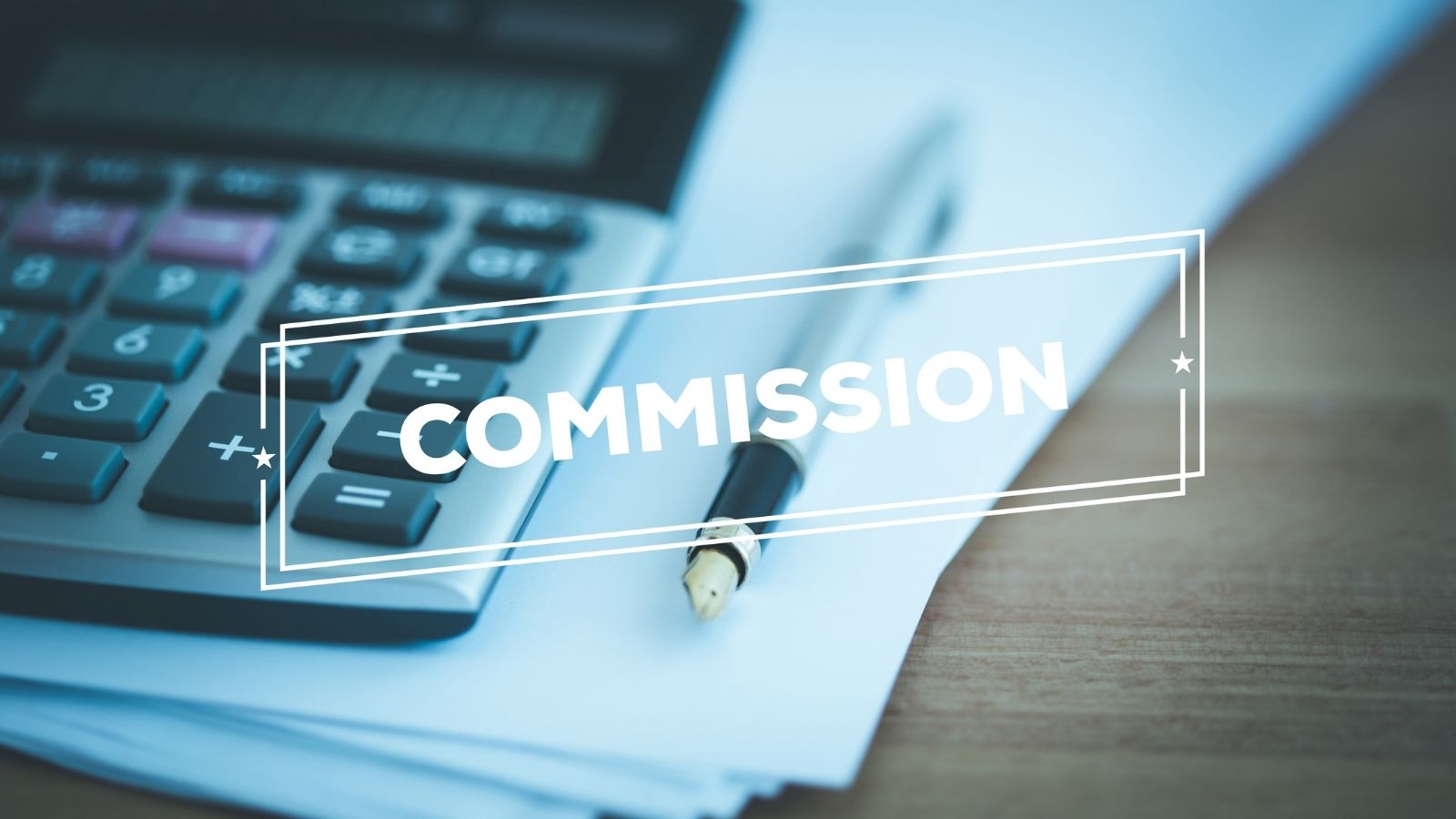Home sellers are a busy lot. They need to have their houses listed, advertised and marketed. Many sellers are often getting ready for showings while simultaneously researching other neighborhoods and properties that they would consider living in.
It isn’t free to sell a house. There are multiple expenses that many sellers need to pay. The exact amount and type of charges can fluctuate from one transaction to another. Just make sure that you have enough money set aside for them, because some of them will need to be paid before you’ll receive payment from the sale.
Selling a home in Utah can take time. The entire process may not be finished for several weeks or months. There are certain actions that must be taken and different professionals will become involved at specific stages. You could even experience unwanted delays or other problems. Patience, persistence, and proactive plan of action can help you succeed.
. Here are a few costs associated with selling a home:
1. Real estate agent commissions.
Realtor commissions are the most expensive component of seller costs. Home sellers are responsible for paying the commissions for both the buyer’s agent and the seller’s agent. These costs can vary, but they typically range between three and six percent of the home’s sale price.

If you’re concerned about this expense, you have several options. Talk to your realtor to see if they would take a reduced rate. This may be appealing, especially if the same agent is helping you find another place to live.
You could also work with a real estate broker or choose to list your home for sale by owner. Keep in mind that no matter what action you take, you’ll still need to pay the commission for the buyer’s realtor.
2. Closing costs.
Homebuyers and sellers are often required to pay certain closing costs. These charges help to cover certain expenses associated with the transaction. Seller closing costs are usually no more than about three percent of the sale price for the house.
The amount and nature of these fees can vary. Typical closing costs for sellers include pro-rated association dues and property taxes, transfer and recording fees, closing fees and any applicable fees charged by an attorney. The closing statement should have a line item breakdown of these expenses.
3. Repairs and renovations.
If you choose to replace, repair, or renovate certain items in your home before the sale has been completed, you’ll need to budget for those costs as well. The dollar amount spent will depend on what needs to be done. You can also work with the seller to determine if they will pay for those expenses or if you agree to split the costs evenly.

You can do all of the work by yourself, or you can hire professionals to accomplish those tasks. Simple items like adding a fresh coat of paint, new kitchen cabinet handles or doorknobs can be finished in a day or less on average. More complex items, such as re-shingling or residing or replacing your central air conditioner may require a contractor’s assistance. Get a few estimates and be sure to budget for these projects accordingly.
4. Staging expenses.
Staging is optional, but it can help to generate more interest in your property. It usually involves rearranging furniture, redecorating or opening windows and blinds to allow more natural light into living rooms, bedrooms, and other heavily trafficked areas of your home. You can do everything or enlist the aid of professional stagers. Costs will vary according to the work that is done and whether or not you hired someone or did everything on your own.
You may want to landscape your lawn and garden and trim any existing bushes and hedges on your property. You can power wash exterior walls and thoroughly clean each room to make things more presentable. It’s also a perfect time to determine what items will be taken with you when you move and which belongings will be discarded, donated or sold.
Make sure that open house visitors can reasonably walk through each room without experiencing any obstacles and keep family photos and other potentially sensitive items out of sight and reach from your guests.
5. Moving costs.
Moving expenses are another factor to consider. Are you going to be moving everything, or will you be using a moving company? Will you need to temporarily rent storage space until you’re settled in your new house? Answering these and other questions can help to determine what you moving costs may be.

You may want to keep a checklist to help prepare you for the move. Think about the items that you want to take with you. Are they heavy or light? Will you require assistance getting certain items (couches, chairs, etc.) out the door? You may even ask neighbors, friends or relatives if you can store some belongings at their residence until after you’ve sold your current home.
6. Seller concessions.
Some sellers make certain concessions to the home buyer to facilitate the sale. The exact concessions and amounts can vary. Most concessions are about one or two percent of the home’s sale price.
Common examples are offering to pay for the home inspection or appraisal. You could also help the buyer with some of their moving or closing costs. Whatever you decide, just make sure to get any of these agreements in writing. That way, they will be legally binding and easier to prove than any verbal arrangements that are made.
7. Home loan balance.
If you still have a balance on your mortgage loan, that amount will need to be paid before you can receive any proceeds. Talk to your lender and ask for a loan payoff amount.

Take some time to review your loan contract to see if there are any prepayment penalties for paying the mortgage off early. Feel free to address this and any concerns that you may have with your lender. Inform them of your intentions to sell the home as soon as possible so that the payoff information can be provided to you in a timely manner.
Conclusion
In all, seller costs are usually around five to ten percent of the home’s sale price. Your realtor and financial advisor can help you with any questions that relate to those expenses. Once they’ve been paid, it won’t be long until the sale is finally over.
At closing, the last paperwork will be signed and filed. The buyer will get the keys to their new house and you’ll receive payment for the net proceeds. That money is yours to do with as you see fit. It could be put toward the purchase of another home or other big-ticket item or you could decide to save it for later. It’s time to congratulate yourself on a job well done! You can now safely move on and start the next chapter of your busy life in another location.
Contact Jackie Ruden Realty Team
Give us a call today at (435) 272-7710 to set up a time to discuss your current and future real estate goals in regards to buying a home or buying a property in trust. We look forward to working with you to make your goals a reality.





